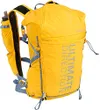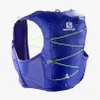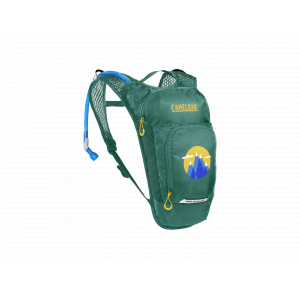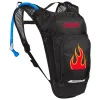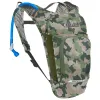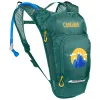8 tips for running in the heat you need to know
Hot weather running is no joke
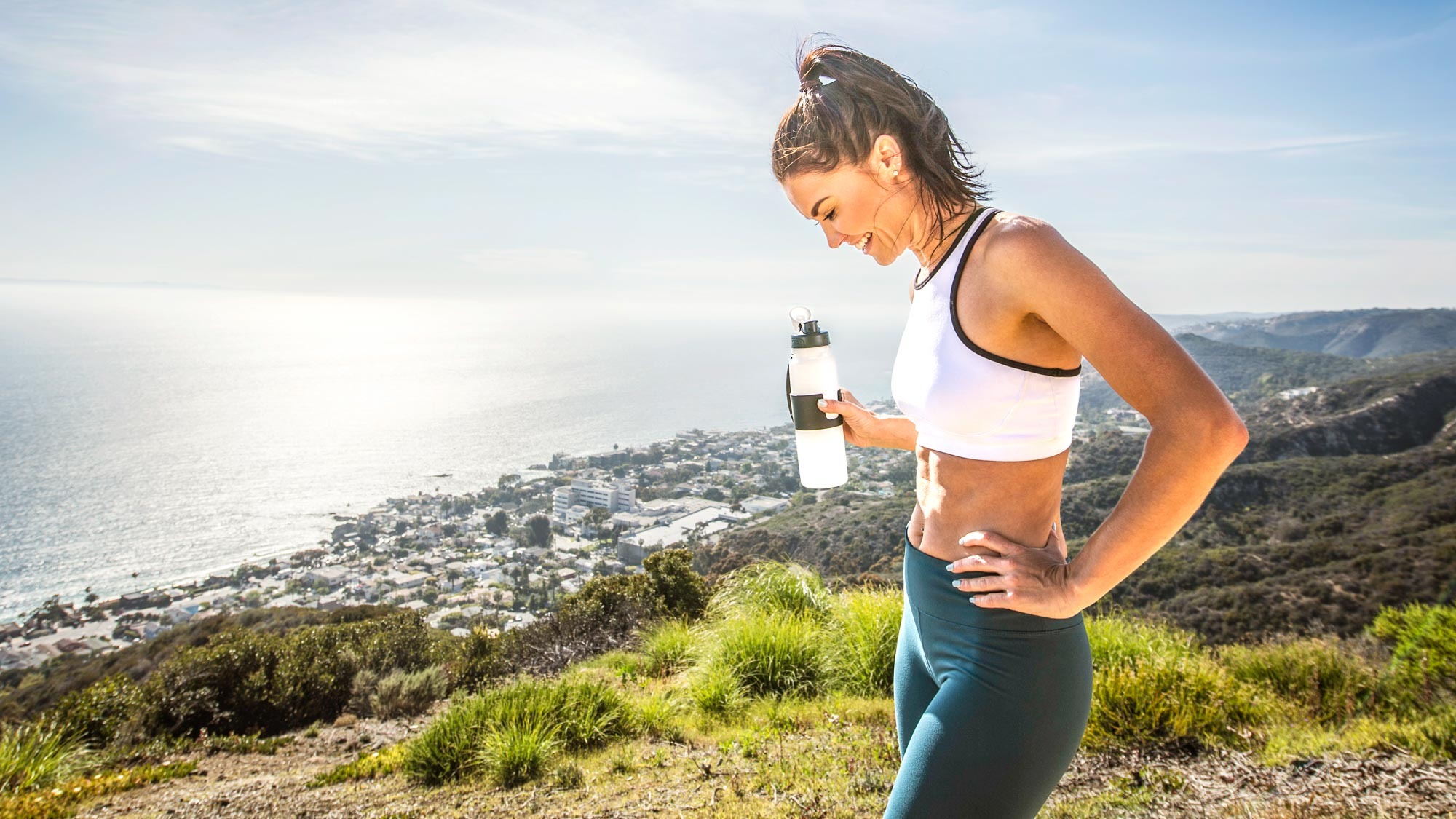
Summer might seem like the prime time for running, with ample sunshine for soaking up vitamin D, no need for piling on the layers, and extended daylight hours means you needn't worry over how to stay safe while running in the dark. However, running in hot weather requires its own precautions.
According to research, when we exercise in conditions where are bodies are exposed to high temperatures it's harder for us to reach peak performance. No matter how experienced a runner you are the heat can affect everyone and therefore, it's crucial to take proper precautions to stay hydrated and comfortable while enjoying your sunny miles.
To find out the very best tips for surviving and thriving while running in the heat, we spoke to Kris King, a seasoned ultra marathon runner, coach and director of Beyond the Ultimate, who organizes multi-day ultra marathons in extreme locations like the Namib Desert and the Peruvian jungle.
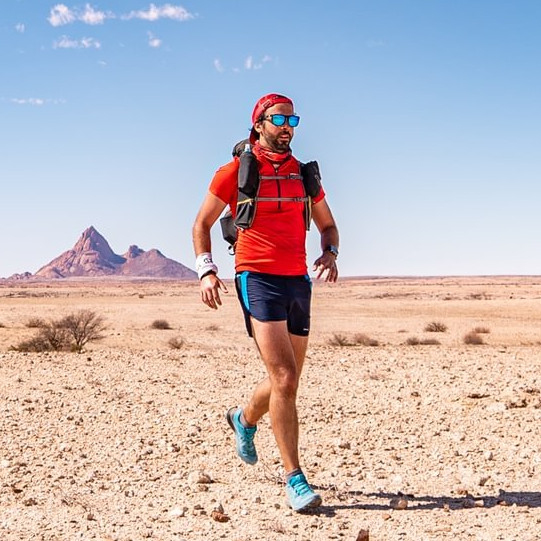
For two decades, Kris has been an industry-leading mind on this grueling sport, having run ultra marathons, coached others to complete them, and designed some of the toughest races in the world. Kris is the owner and director of Beyond the Ultimate , a company that organises multi-day ultra marathons in some of the world's most breath-taking locations.
8 tips for running in the heat
Running in the heat can be tough but King tells us, "With the correct preparation our bodies are wonderfully efficient at moving in heat, we have spent thousands of years adapting to do so."
Without further ado here are a list of eight top tips for staying safe and performing your best while running in hot conditions.
1. Plan to run at the coolest point of the day
Planning your run around the coolest parts of the day is a great strategy, especially if you lead a busy life. Typically, these cooler periods occur early in the morning or later in the evening. This can help you establish a consistent running routine, either starting your day with a refreshing run or winding down with one before bed time.
2. Hydrate, hydrate, hydrate
Hydration is crucial when running in the heat, as you'll sweat more than usual. To prevent dehydration, it's essential to replenish fluids not only after your run but also before and during it. If you worry about this bringing on a stitch while you run, instead of gulping water, opt for small, frequent sips.
Sign up to get the BEST of Tom's Guide direct to your inbox.
Get instant access to breaking news, the hottest reviews, great deals and helpful tips.
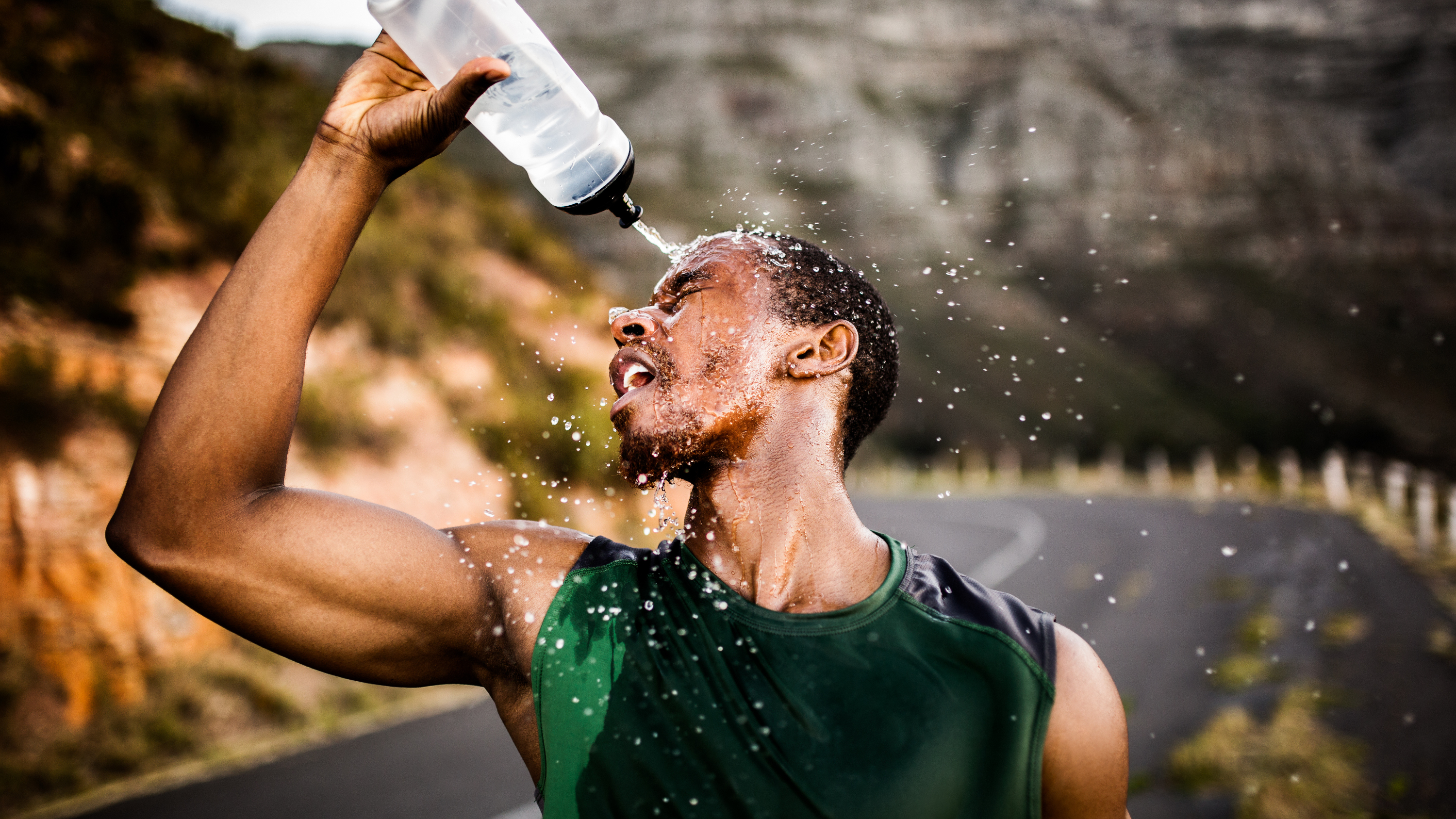
King recommends carrying one of the best hydration backpacks or a handheld bottle designed for running. If you haven't already, you should consider using electrolyte tablets or sports drinks to replenish lost salts. If you're an owner of a Garmin running watch you can set up Garmin reminders per distance or time on your device to remind you to hydrate and fuel on the move.
Similarly, when you finish your run, "Rehydrate immediately with a combination of water and electrolyte solutions to restore fluid balance and support recovery," adds King.
Individual needs vary, but a general guideline according to King is to consume at least 4 liters of water daily, increasing by an extra 500ml for each hour of exercise in temperature conditions.
3. Wear sensible clothing
If you've been indoors in an air-conditioned apartment or office all day, it might be tempting to overdress for your run. Check the weather on your phone to gauge the outdoor temperature. King says you should, "Wear light-colored, loose-fitting, moisture-wicking clothing to promote airflow and sweat evaporation."
Accessories like the best running hats (preferably one with a wide brim or a neck flap) and running sunglasses don't just jazz your running fit up but serve an important purpose, that is to protect sensitive parts of your head from the sun. Proper running hats will be made from sweat wicking materials and integrate ventilation features into the design.
4. Consider your footwear
The best running shoes can be pricey, especially if you own multiple pairs for different purposes such as trail running, road running or races. While you don't necessarily need a specific pair just for hot weather, it's worth considering shoes with features like a breathable upper and lightweight, moisture-wicking materials when you invest in your next pair.
King adds, "Be aware that your feet will swell more in the heat. Consider going up at least one shoe size to accommodate this."
5. Wear sunscreen
"Sunburn can significantly reduce your skin's ability to manage sweat, so prevention is crucial," King tells us.
Always wear sunscreen with a high SPF while running in the heat to protect your skin from harmful UV rays. Choose a sweat-resistant formula and apply it generously before heading out. Reapply as needed, especially during longer runs or if you're sweating heavily, to provide continuous protection.
6. Drop the pace
Drop the ego, drop the pace. It's harder to maintain performance levels for sustained periods in hot weather, and this isn't just apparent for recreational runners. Research in the Physiology & Behavior journal suggests the same happens to endurance trained athletes.
King says, "Prioritize a steady, manageable effort over maintaining a specific pace."
7. Know when to stop
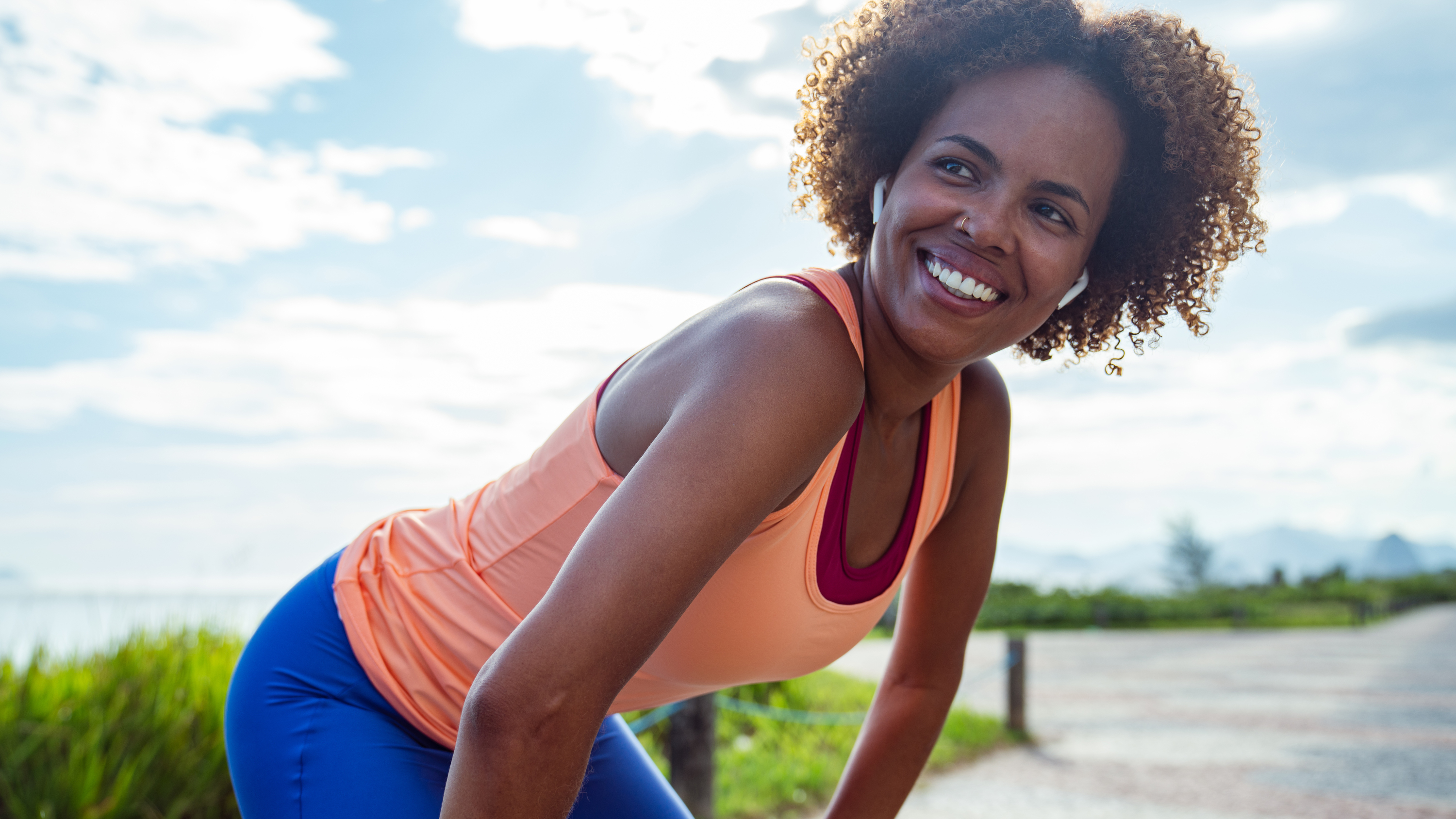
You know your body best but the effects from hot conditions can blur one's judgment. With this in mind King notes, "Be aware for signs of heat-related distress, including dizziness, excessive sweating followed by chills, nausea, confusion or an unusually high heart rate."
If you wear a heart rate monitoring device on your runs such as the kind you find integrated in many of the best running watches, take care to pay attention to this. Some devices may alert you when it thinks your heart rate is abnormally high. While these devices can signal concerns like this, they are not substitutes for professional medical advice.
What should you do if you experience any of the above?
- Slow Down: Reduce your pace or stop running.
- Seek Shade: Find a shaded area to rest.
- Hydrate: Drink water to rehydrate.
- Cool Your Body: Use water or wet cloths to cool your body.
8. Prioritize recovery
It's tempting to skip a cool down and just dart straight for the shower after a hot and sweaty run. But it'll pay off if you take time to slow down after your run, set into a walk and allow your rate to gradually lower before stopping completely.
Keep up with drinking plenty of fluid and King says to eat something simple like fruit right after your run, followed by a balanced meal high in protein and moderate in carbs within 90 minutes of exercise.
"You should also ensure you get sufficient sleep to help your body recover and adapt to heat stress, maximising the benefits of each session."
More from Tom's Guide
- Garmin Forerunner 945 is nearly half-price at Amazon right now — save $210 on one our favorite running watches
- 6 best strength and conditioning exercises for runners
- 5 things keeping me motivated during marathon training

Jessica has been a fitness writer at Tom’s Guide since 2023, bringing three years of experience writing about health, fitness, and the great outdoors. Her passion for exercise began during her childhood, where she spent weekends hiking and competing in local athletics club events. After earning a master’s degree in journalism from Cardiff University, Jessica found the perfect way to combine her love of storytelling and fitness into a career.
Jessica is passionate about testing fitness gear and tech, using her reviews to help readers make informed buying decisions. She ran her first marathon in April 2024, finishing it in 3 hours and 48 minutes. Through her training, she’s developed a deep understanding of what it takes to grow as a runner, from effective workouts and recovery techniques to selecting the right gear for every challenge.
When she’s not at her desk, Jessica enjoys spending time in the kitchen crafting new recipes, braving cold water swims and hiking.

